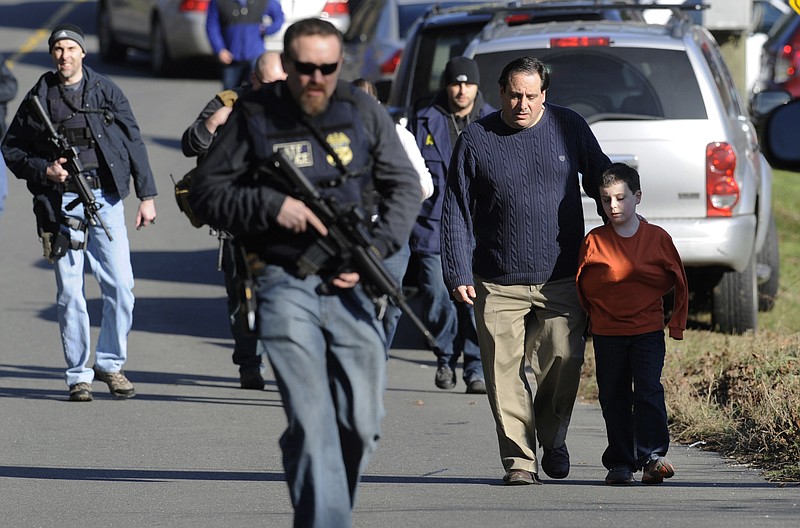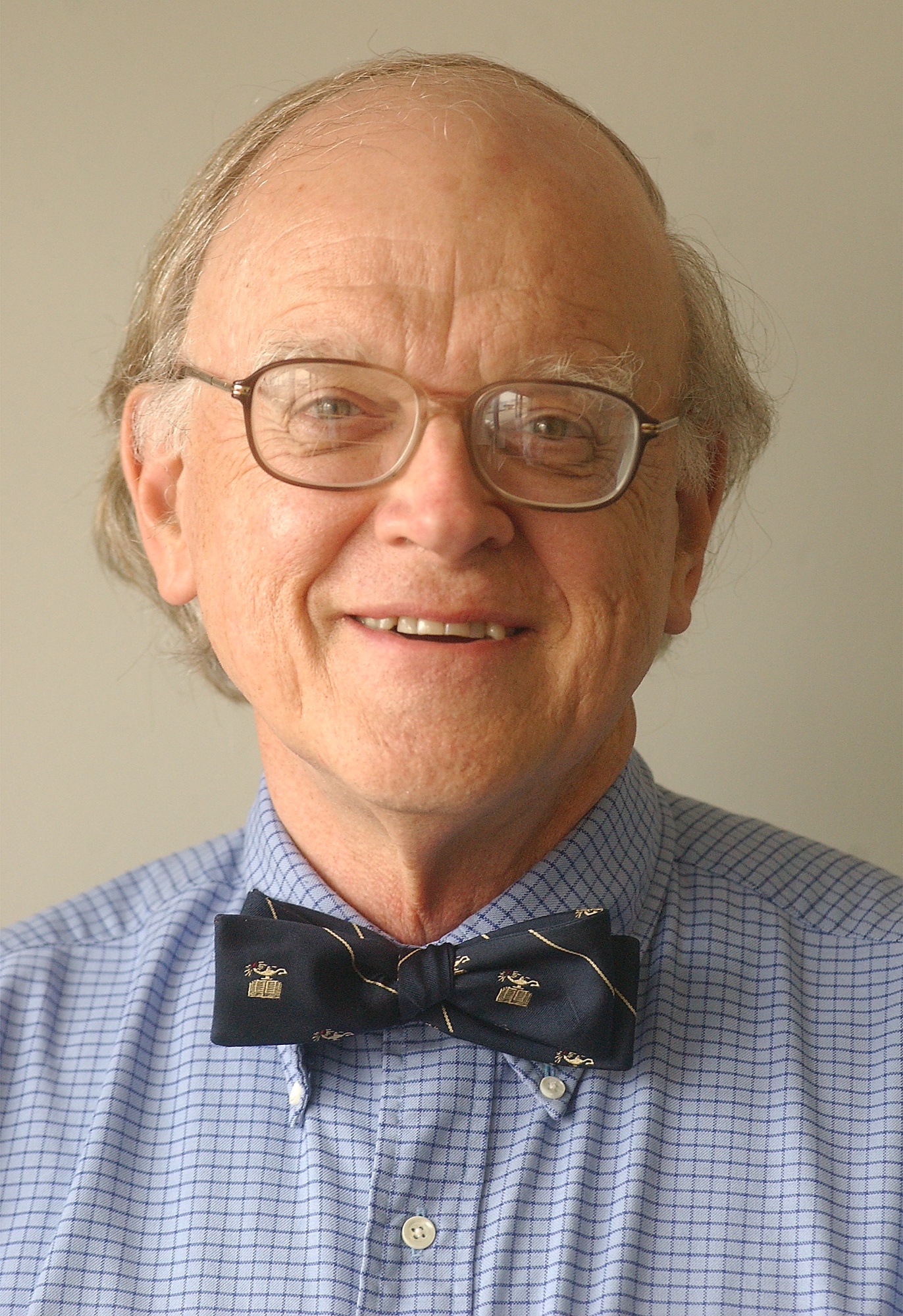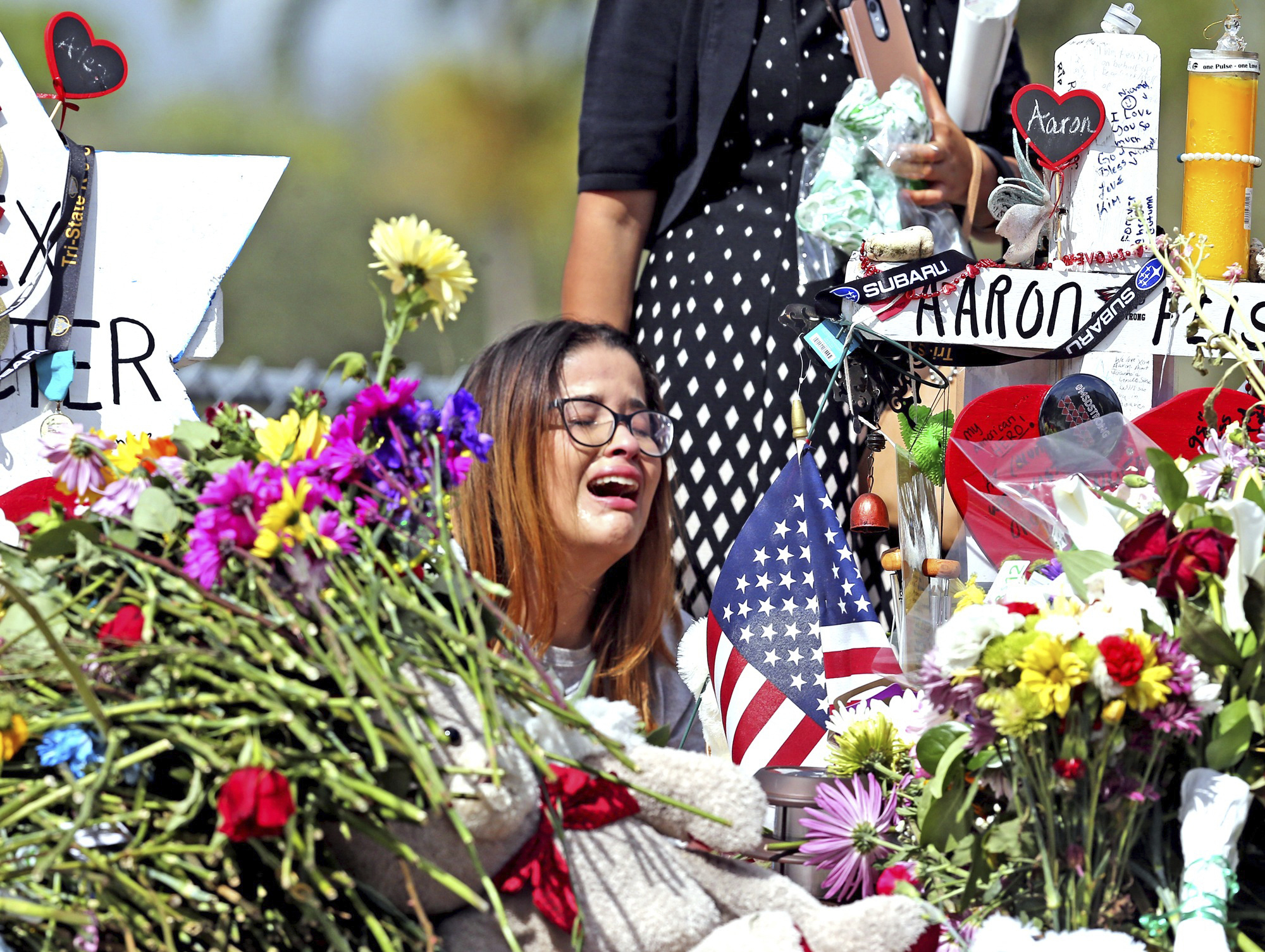Intense media attention focuses on each school shooting in the United States. News conferences bring the latest updates on investigations and the status of victims. Typically, the national focus continues through a community's memorial service, at which a president and other high officials may speak. National attention fades away with the burial services for victims. There may be little follow-up about the motives of the killers and how they obtained their weapons. Calls for tighter gun regulation may persist for a time.
For survivors, some with permanent physical and/or psychological injuries, and their families, their ordeals do not end.
» Columbine High School, Littleton, Colorado. On April 20, 1999, two students murdered 12 students and one teacher and injuried 21 students before killing themselves.
Among the wounded was Anne Marie Hochhalter, whose wounds left her paraplegic and wheelchair bound. Six months after the shooting, her mother killed herself. Hochhalter bravely endures, working, living independently, and dealing with severe pain every day.
Student Gregory Barnes, who witnessed the shooting of the teacher, committed suicide in May 2000.
Student Austin Eubanks witnessed the killing of his best friend and suffered gunshot wounds to his hand and knee. He became addicted to medications prescribed for his pain. "I didn't know any better. I was 17 years old, and I had been given medication to feel better. Immediately, I learned that if I took the substances, I didn't have to feel the emotional pain ... I was 29 years old before I found lasting sobriety, and I think it took a level of maturity and willingness on my part to do what it takes and for me to change pretty much everything about my life." He spent years assisting people addicted to opioids. He died of a heroin overdose in May 2019.
» Sandy Hook Elementary School, Newtown, Connecticut. On Dec. 14, 2012, a lone, 20 year-old gunman invaded the school after murdering his mother and taking a handgun and rifle from her cache of weapons. He murdered 20 children, age 6 to 7, and six adult staff members before killing himself.
On March 25, Jeremy Richman, whose 7-year-old daughter, Avielle, was one of the victims, killed himself. A neuroscientist, Richman had devoted his time since his daughter's murder to research and prevention of violence.
Almost immediately after the murders, conspiracy theorists mounted a campaign that claimed the shootings never occurred and that the identities of victims had been made up. They relentlessly harassed parents of victims. On June 18, authors of a book that denied the killings lost a defamation lawsuit brought by the parents of a victim. The book's publisher, in an earlier settlement, apologized to the parents, agreed to cease publication and sales of the book. A separate lawsuit continues against a webcast host and denier of the massacre.
» Marjory Stoneman Douglas High School, Parkland, Florida. On February 14, 2018, a 19-year-old student who had been expelled, armed with a semi-automatic rifle entered the school, killing 14 students and three teachers, while wounding 17 others.
In March of this year, Sydney Aiello, a student whose close friend was among the victims, committed suicide. After graduation, she began college. Her mother described her daughter as suffering from survivor's guilt. Six days later, an unidentified sophomore at the high school committed suicide.
Consoling and counseling families and students following mass murders at a school is clearly not a short-term process, limited by what health insurance or institutions will cover. Years of counseling and follow-up may be necessary.
No community should tolerate harassment of victims and their families by crack-pot, conspiracy theorists. Communities, rather than individual families, should take up the cause of sanctioning and silencing these dispensers of hate.
Congress and legislatures in states where mass shootings occur must make every effort to research and to prevent violence in schools and other public places. They should not yield to lobbyists who would rather forget tragedy than address its causes.
Victims of school shootings and their families cannot forget. Neither should we.
Contact Clif Cleaveland at ccleaveland@timesfreepress.com.


